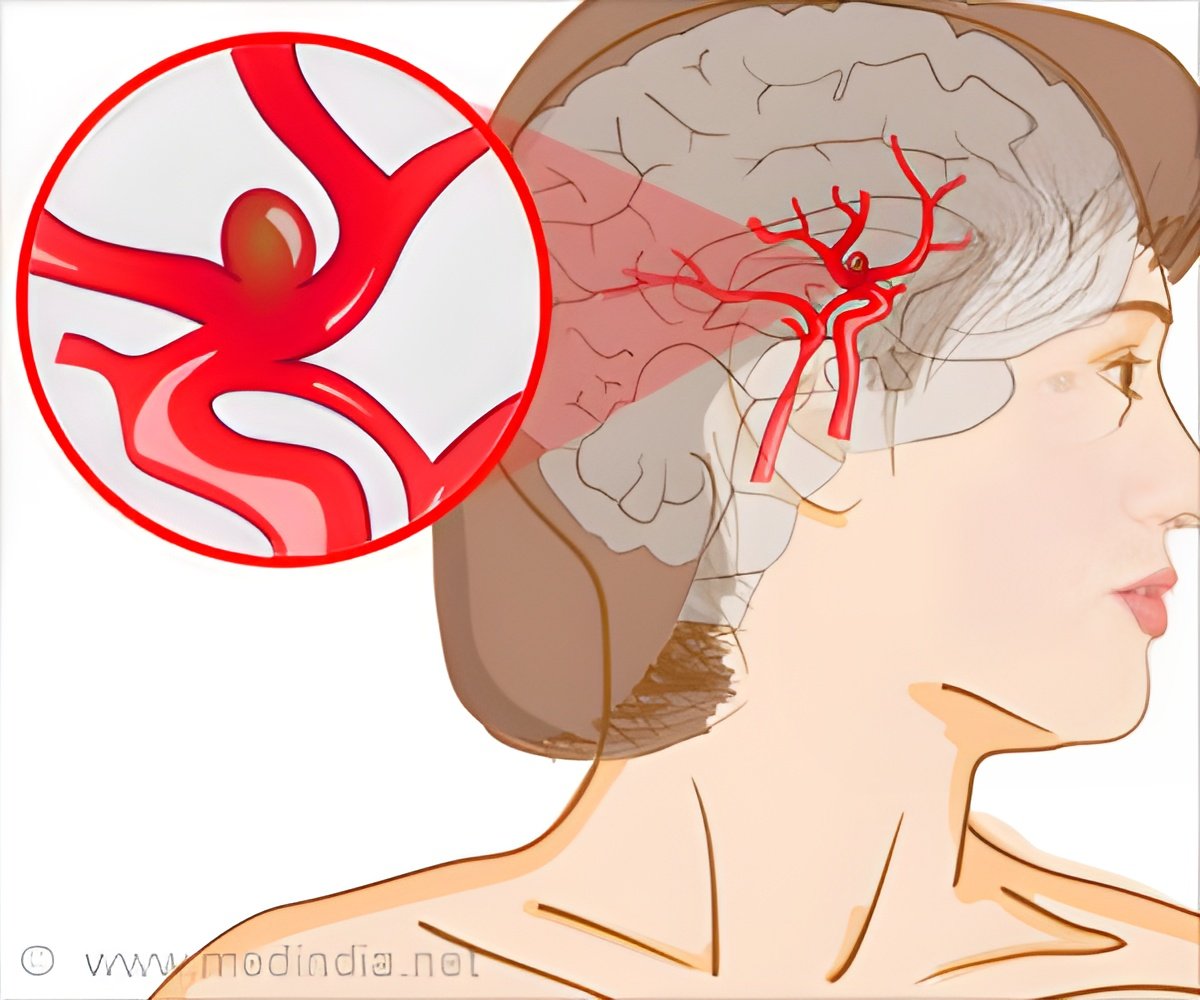Slow eating improves digestion, aids weight control, and lets you savor each bite! Here’s why slowing down at meals can lead to healthier living.

- Slow eating improves digestion, reduces overeating, and boosts nutrient absorption
- Eating slowly allows time to feel full, helping control portion sizes and weight
- The simple act of slowing down while eating enhances mindful eating habits and meal satisfaction
Does your morning start with you stuffing fruit into your mouth while hurrying out the door? Or perhaps you simply take a 10-minute break to finish your lunch? If you are a quick eater, you should set aside more time in your schedule to focus on what and how you eat it. Slow eating is the habit of consuming food at a slower rate, which allows for more conscious intake. It will urge you to chew your food fully, enjoy the flavors, and listen to your body’s hunger and fullness cues. Slow eating may also improve digestion and reduce overeating. Here are some of the advantages of slow eating.
Advertisement
Does Eating Fast Increase Your Risk of Diabetes?
Many people have hectic schedules and little time for meals, so they eat quickly to save time. Work pressure also contributes to fast eating, as workers may rush through meals owing to tight deadlines and meetings. Fast eating might become a habit, which should be broken. One reason to stop eating your food fast is that doing so on a regular basis can increase your risk of developing diabetes. A 2019 study published in Scientific Reports found a greater chance of acquiring diabetes. Researchers discovered that approximately 30% of fast eaters acquired diabetes (1).
“Fast eating is connected with overeating because it bypasses the body’s natural system for signalling fullness, resulting in increased calorie intake. “Over time, this can lead to weight gain and, eventually, obesity,” explains dietitian Ekta Singhwal. Obesity is a key risk factor for diabetes because excess body fat, particularly around the abdomen, alters how the body absorbs insulin.
Advertisement
What are the Benefits of Eating Slowly?
Slow eating is often defined as taking at least 20 to 30 minutes to finish a meal. “This duration gives the brain time to register feelings of fullness, as it usually takes about 20 minutes for the stomach to send a signal to the brain that it is full,” the doctor explains. Here are some of the advantages of being a slow eater:
Improved Digestion
People who chew slowly digest better. Slow eating promotes thorough chewing, which breaks down food into smaller bits, making it easier for the digestive system to consume. This can help avoid problems like gas, bloating, and indigestion.
Better Satiety and Appetite Control
A 2019 study published in the Nutrients journal discovered that participants who ate slowly experienced a higher rise in fullness following a meal (2). “Eating slowly gives your brain time to recognise signals of fullness,” suggests Singhwal. Slowing down can also help you prevent overeating and control your meal sizes.
Increased Enjoyment of Food
Taking your time while eating allows you to enjoy the flavors, textures, and fragrances of your food. This can improve the pleasure and satisfaction of meals, making eating a more attentive and delightful experience.
Improved Weight Control
Slow eaters are more aware of their hunger cues and can make more deliberate choices about when to stop eating. This can reduce overall calorie consumption and help you maintain a healthy weight over time.
Better Nutritional Absorption
Your body can extract more nutrients from the food you eat if you chew it more thoroughly and eat it slowly. “This is particularly important for complex nutrients like complex carbohydrates that require proper digestion to be well absorbed,” the subject matter expert states.
Advertisement
Practice Mindful Eating Habits
Slow eating promotes awareness, allowing you to focus on the present moment while eating. This understanding can help you improve your connection with food, minimize emotional or stress-related eating, and make healthier dietary choices.
What Are the Disadvantages of Eating Slowly?
While leisurely eating provides advantages, there are also potential drawbacks:
- It can be time-consuming, making it difficult for those with demanding schedules.
- In social situations, if others are eating quickly, it can feel awkward to be the last one to finish.
- Slow eaters may discover that their food becomes cold, affecting their flavor and enjoyment, particularly for hot meals.
- Slow eating may be impractical in some instances, such as short pauses or crises.
Despite these modest disadvantages, the health benefits of delayed eating much outweigh the hassles.
How to Eat Slowly?
Here are some suggestions to help you slow down while eating:
- Try chewing each bite at least 20 times before swallowing to assist digestion and force you to eat more slowly.
- Rest your fork or spoon between bites to naturally slow down the eating process and concentrate on your meal.
- Cutting your meal into smaller pieces or taking smaller spoonfuls allows you to eat more slowly and enjoy each bite.
- Sipping water while eating provides a respite between bites, which can help you pace your meal while staying hydrated.
- Turn off the TV, phone, and other distractions so you may fully concentrate on your food and the eating process. Mindful eating promotes a slow pace.
- Set a timer for 20 to 30 minutes for your dinner and attempt to eat slowly throughout that period.
Your busy schedule may be the reason you want to eat quickly. However, slowing down is beneficial for digestion, weight control, and other reasons.
References:
- Fast eating is a strong risk factor for new-onset diabetes among the Japanese general population
(Kudo A, Asahi K, Satoh H, Iseki K, Moriyama T, Yamagata K, Tsuruya K, Fujimoto S, Narita I, Konta T, Kondo M, Shibagaki Y, Kasahara M, Watanabe T, Shimabukuro M. Fast eating is a strong risk factor for new-onset diabetes among the Japanese general population. Sci Rep. 2019 Jun 3;9(1):8210. doi: 10.1038/s41598-019-44477-9. PMID: 31160664; PMCID: PMC6547735.) - Slow Down: Behavioural and Physiological Effects of Reducing Eating Rate
(Hawton K, Ferriday D, Rogers P, Toner P, Brooks J, Holly J, Biernacka K, Hamilton-Shield J, Hinton E. Slow Down: Behavioural and Physiological Effects of Reducing Eating Rate. Nutrients. 2018 Dec 27;11(1):50. doi: 10.3390/nu11010050. PMID: 30591684; PMCID: PMC6357517.)
Source-Medindia



